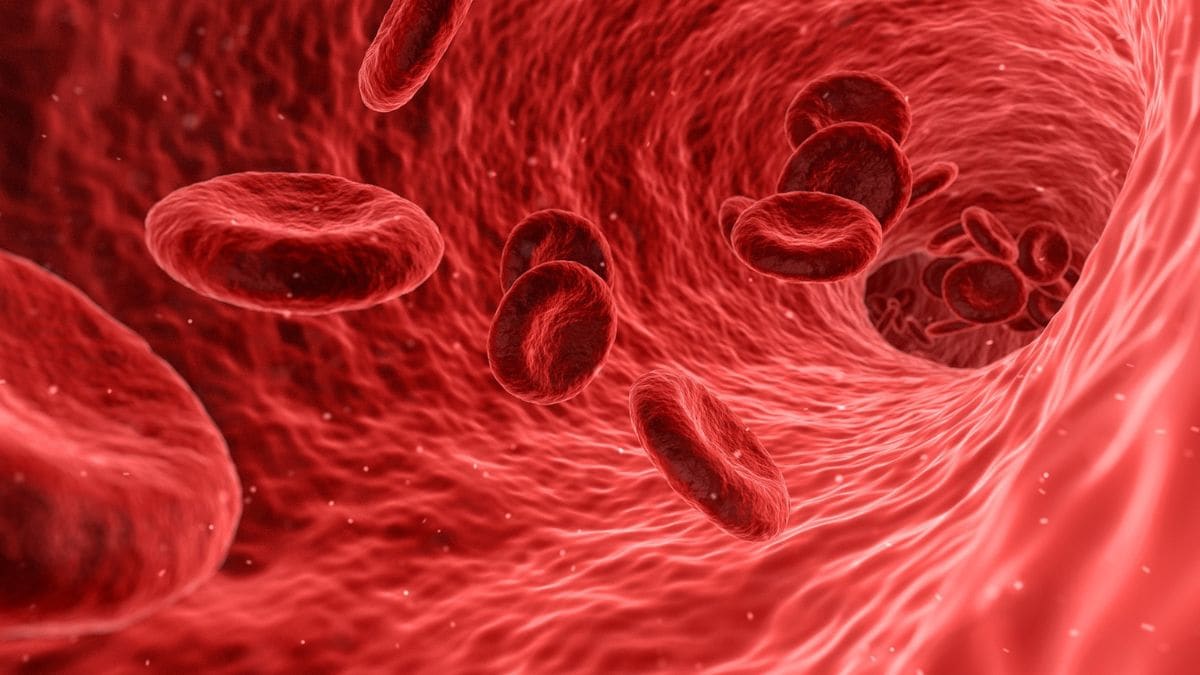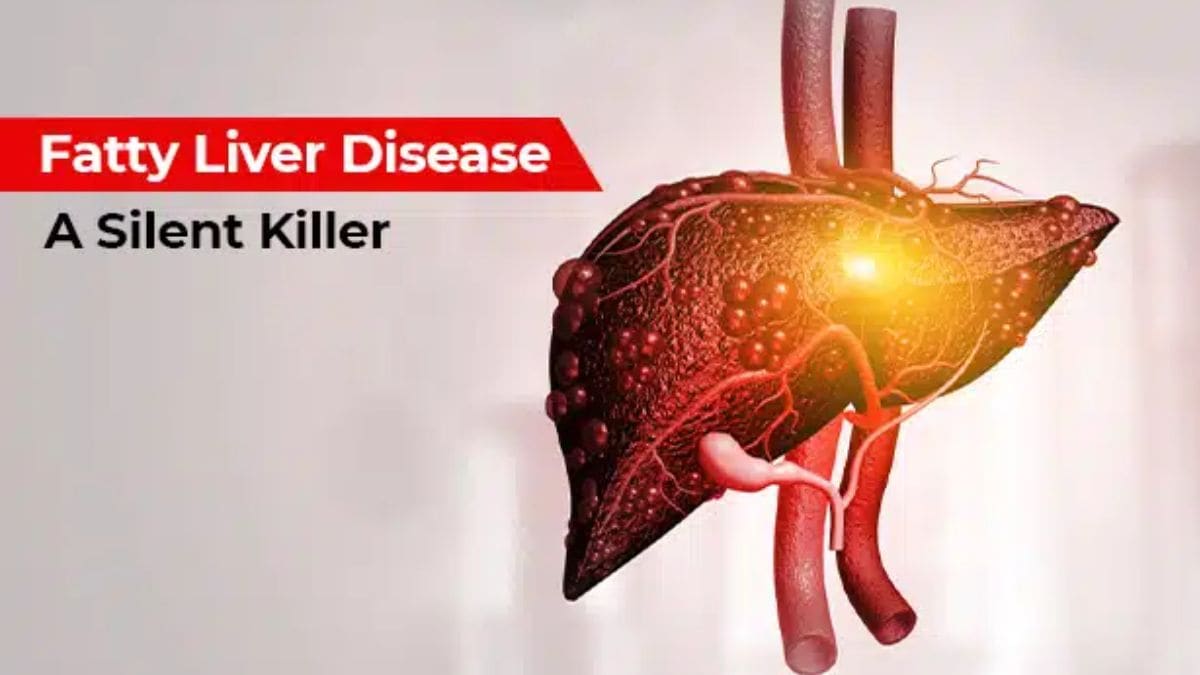Intermittent fasting, a trendy way to lose weight, has been linked to a higher risk of dying from heart disease, according to a recent study. However, previous research has shown its positive effects on brain health. Is the method for you?
)
Intermittent fasting has been linked to an increased risk of death from heart disease. Pixabay (Representational Image)
Intermittent fasting, a popular method to lose weight, has come under scrutiny after a recent finding linked it to a higher risk of dying from heart disease. A study released on Monday (18 March) in the United States claimed that those who restrict their mealtimes to eight hours a day are at 91 per cent higher risk of cardiovascular disease than those who eat across 12 to 16 hours.
Previous studies have shown intermittent fasting’s good effects on brain health. The new research has, however, raised questions about the popular weight-loss strategy endorsed by several celebrities like Jennifer Aniston and Kourtney Kardashian.
Let’s take a closer look.
Is intermittent fasting bad for your heart?
Researchers from Shanghai Jiao Tong University School of Medicine in China presented their study at the American Heart Association’s scientific sessions in US’ Chicago this week.
Their analysis, which has not been peer-reviewed or published in an academic journal yet, found a connection between time-restricted eating and the risk of death from cardiovascular disease, reported NBC News.
The researchers examined around 20,000 adults with an average age of 49 from 2003 to 2018 who took part in the US National Health and Nutrition Examination Survey.
They then tracked the participants’ self-reported dietary information. The researchers compared this data to the death records between 2003 and 2019 from the US Centers for Disease Control and Prevention, according to New Scientist.
As the study partly relied on participants’ forms who were asked to recall what they ate over two days, scientists say there could be inaccuracies. Moreover, other lifestyle factors, such as smoking and exercise levels, were not included in the study, reported Daily Mail.
The analysis found that for those who already had cardiovascular diseases before the study, there was a 66 per cent higher risk of death from heart disease or stroke if they limited their food intake to over an eight to 10-hour window in a day, noted USA Today.
For those diagnosed with cancer, eating over a duration of 16 hours per day or more reduced the risk of cancer mortality.
Senior study author Victor Wenze Zhong, chair of the Department of Epidemiology and Biostatistics at the Shanghai Jiao Tong University School of Medicine, said they were “surprised” by the results.
“Although the study identified an association between an eight-hour eating window and cardiovascular death, this does not mean that time-restricted eating caused cardiovascular death,” he said.
Some scientists argue that the nutritional quality of diet is probably more important than the timing of eating, something that this study did not take into account.
“Without this information, it cannot be determined if nutrient density might be an alternate explanation to the findings that currently focus on the window of time for eating,” Christopher Gardner, director of nutrition studies at Stanford University, told USA Today.
Intermittent fasting and brain health
Intermittent fasting has earlier been linked to improved blood pressure, blood glucose and cholesterol levels. Its effects on brain health have also been studied.
Research in mice has shown the role of intermittent fasting in boosting brain health by enhancing survival and formation of nerve cells in the hippocampus brain region, which is associated with learning, memory and emotion, as per The Conversation.
However, there are not many studies on humans, and the results are mixed.
A 2022 analysis that surveyed 411 older adults found that eating less than three meals a day was linked to reduced evidence of Alzheimer’s disease on brain imaging, noted The Conversation article.
Another analysis claimed that fasting increased the level of arachidonic acid in the blood, a chemical that inhibits inflammation, reported India Today. However, it is premature to say that calorie restriction can protect against diseases like Alzheimer’s and Parkinson’s.
Last December, a study found that intermittent energy restriction (IER) can lead to dramatically altered gut bacteria and brain activity, with both good and bad effects.
What should you do?
Intermittent fasting has gained popularity with celebrities promoting the method to maintain a certain weight or for potential health gains.
However, the long-term effects of time-restricted eating are unclear.
“The purpose of intermittent fasting is to cut calories, lose weight. It’s really how intermittent fasting is implemented that’s going to explain a lot of the benefits or adverse associations,” Penny Kris-Etherton, emeritus professor of nutritional sciences at Penn State University, told NBC News.
If you are unsure of continuing the trendy weight-loss method, experts suggest putting the brakes on it until there is more information or the results of this latest study are further clear.
A health professional can better guide you on fasting periods and meal timing. Those who want to start intermittent fasting should consult their doctor, said Benjamin Horne at the Intermountain Heart Institute in US’ Utah, reported New Scientist.
With inputs from agencies

 6 months ago
13
6 months ago
13


















)
)
)
)
)
)
)
 English (US) ·
English (US) ·